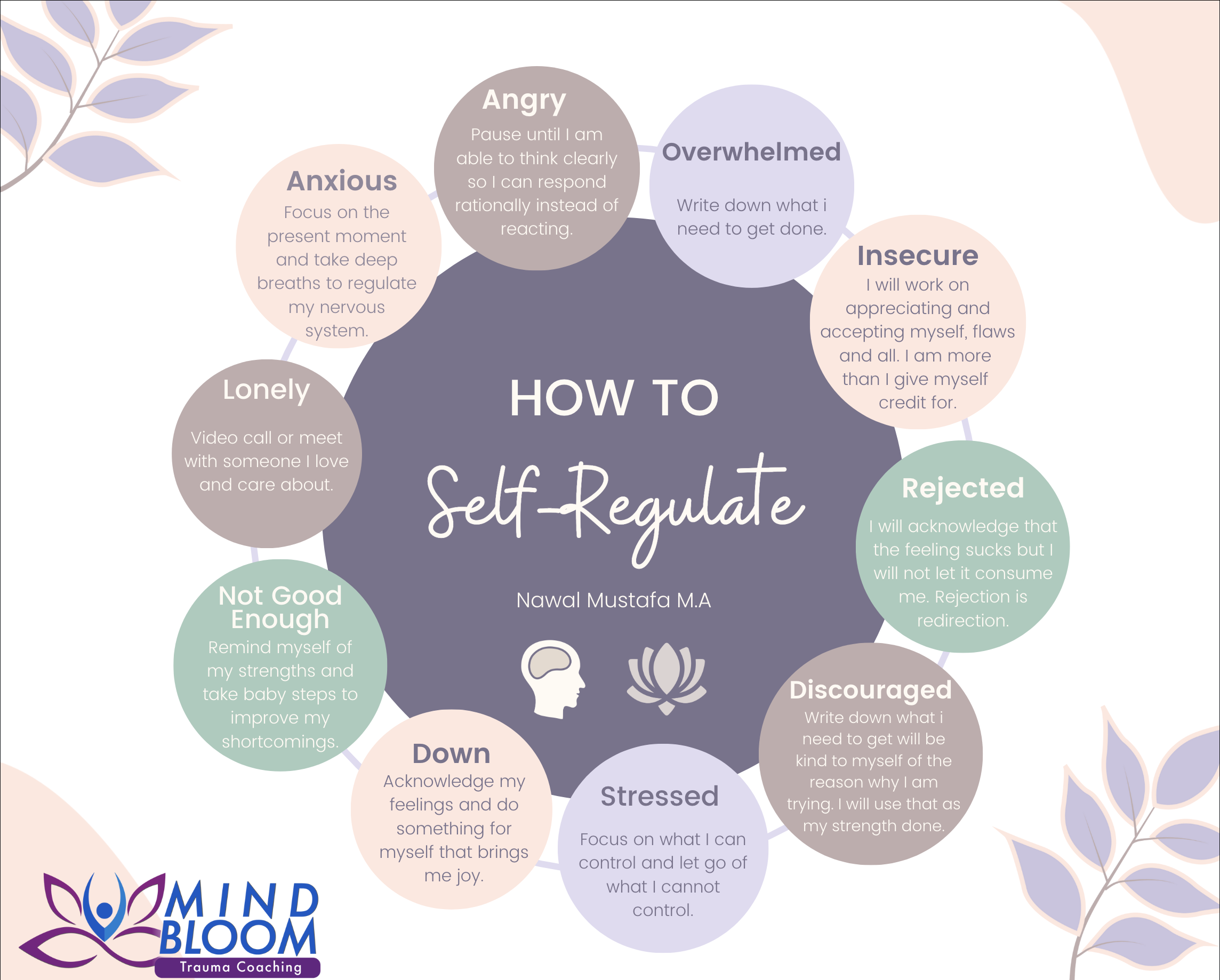Understanding and acknowledging patterns of behaviour, especially in relation to trauma, is pivotal in the healing process. When individuals recognise that recurring responses are choices, they gain power over their personal narratives. This awareness can be instrumental in breaking the cycle of trauma, as it empowers individuals to make conscious decisions towards healthier coping mechanisms. By identifying these patterns, one can begin to challenge and change automatic reactions that may have been ingrained due to past trauma, opening pathways for recovery and personal growth. Emphasising the role of choice in behavioural patterns also fosters a sense of agency and responsibility, encouraging a proactive approach to mental health and well-being.
For example, an individual may attract certain partners in their life who exhibit abusive behaviour, as they may have grown up in an environment where abuse was normalised. However, by recognising and acknowledging this pattern, the individual can make a conscious effort to break the cycle and choose healthier relationships.
Furthermore, understanding patterns of behaviour can also help individuals identify triggers or warning signs for potential re-traumatisation. By being aware of their own behaviours and responses to certain situations, individuals can take proactive steps to avoid situations that may be triggering or potentially harmful.
In addition, recognising patterns of behaviour can shed light on underlying issues that may need to be addressed in therapy or through other forms of healing. Often, trauma manifests in maladaptive behaviours such as substance abuse or self-destructive tendencies.





